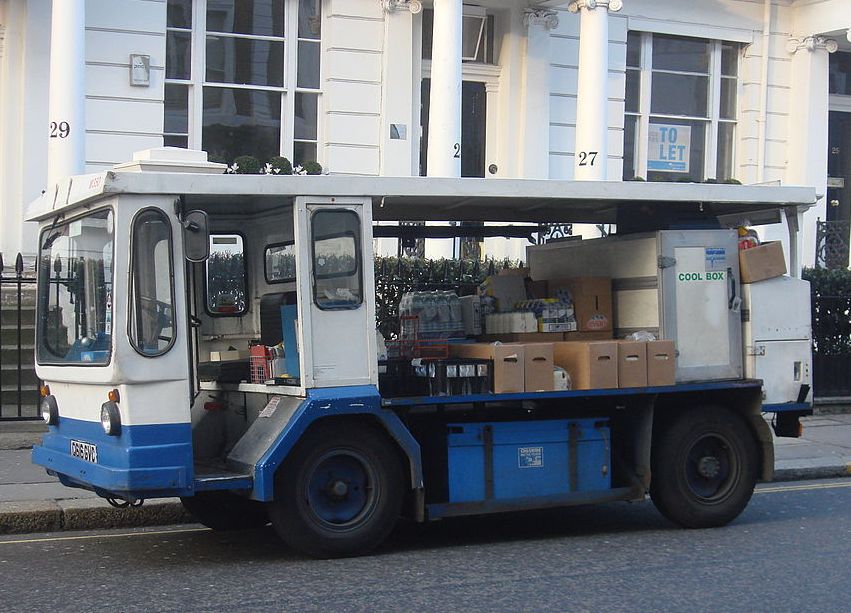BACS to basics and IBANs
WHEN DID you last write a cheque on paper? Clients feel the same: they want to transfer payment directly to you - and to do that they need your "BACS" details.
The BACS information you need to give your clients is:
- name and address of your bank branch
- its sort code
- name of account
- account number
For example:
County Bank, 1 High Street, AA1 1AA- sort code
01-02-03 LEE MILLER- account
12345678
Here at the Freelance we simply include these details at the foot of every invoice. So far as we can work out to date, the main use that scammers could make of them is to share their ill-gotten gains with us. This does entirely depend on our understanding that our bank will never phone us about our account and that anyone who does so is a scammer, even or rather especially if they have our account number.

Back in the day, in the evenings the City of London swarmed with electric vans conveying paper cheques between the banks to be "cleared". Surprisingly, we do not find a photo - they were much like this electric milk float, but with red and black detail and dragon logo. This process at one time explained the delay in payments taking effect - but that persisted long after the vans stopped running.
For the benefit of sub-editor members, BACS stands for "Bankers Automated Clearing Services", with missing apostrophe.
BACS payments should reach their destination overnight or sooner. They used to take two working days or longer, but about five years ago MPs asked banks: "how can you justify sitting on customers' money for days when electronic clearance takes milliseconds?"
The BACS system website www.bacs.co.uk used to include a grim "little book of late payments excuses" based on the pathetic examples they've heard: try "the wind blew your invoice out of the window" or "a customer's car caught fire in the car park" or "the bank burned down and nobody could verify the account". It now has much more generic late payment tips. Ours are better.
Then there's the IBAN...
IN PRINCIPLE, you could simply supply your client with the "IBAN" code - that's an "International Bank Account Number". It's listed on your bank statement.
In practice, not all clients based in the UK are very good at international thingies. But the IBAN is invaluable if you want to get paid by a client in joined-up Europe. Often, it's the only way to get paid by them.
If a client overseas wants to pay in its own currency you should check with your bank about both fees they charge and the exchange rate they offer. One way to do the latter is to ask what they offer to pay for, say, Euro in pounds and what they charge for Euro. If the difference is large this is a half-hidden charge for the conversion.
You may want to explore other ways of getting the money into your account. There are many and the Freelance cannot vouch for the reliability of any.
 Getting your money Freelance Fees Guide
Getting your money Freelance Fees Guide
![[Freelance]](../gif/fl3H.png)